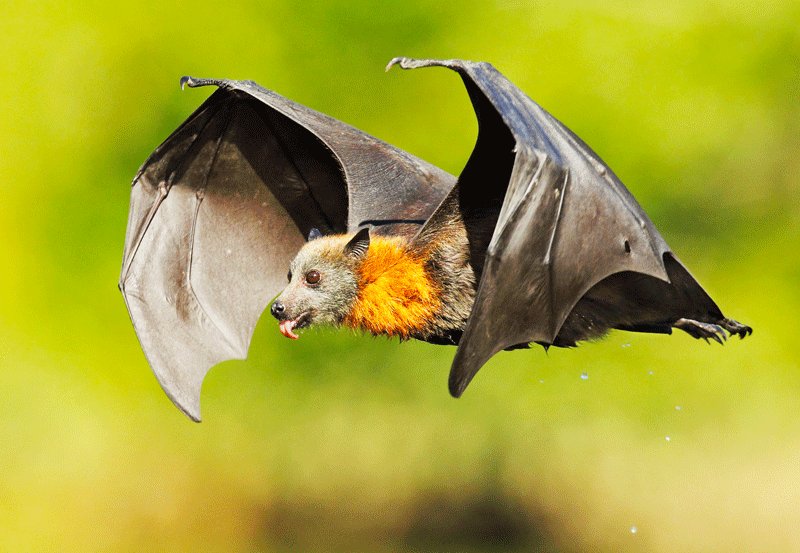Machine learning for identifying bats carrying Nipah virus
Related Articles
Murshidabad Hindu father-son murder due to Waqf violence: Court sentences 13 to life imprisonment
The Jangipur sub-divisional court has pronounced its verdict in the murder of a father and son in Jafrabad, Murshidabad, amidst the violence surrounding the...
जान लें नवी मुंबई एयरपोर्ट के पहले दिन का फ्लाइट शेड्यूल, पहले ही दिन उड़ेंगे 30 फ्लाइट्स
महाराष्ट्र और देश के लिए एक ऐतिहासिक पल आने वाला है। लंबे इंतजार के बाद Navi Mumbai International Airport (NMIA) 25 दिसंबर 2025 से...
Father, Grandmother Kill Two Children, Then Die by Suicide in Custody Dispute
A quiet village in north Kerala was shaken Monday night after four members of a single family were found dead inside their locked home,...


